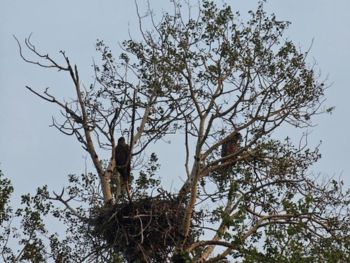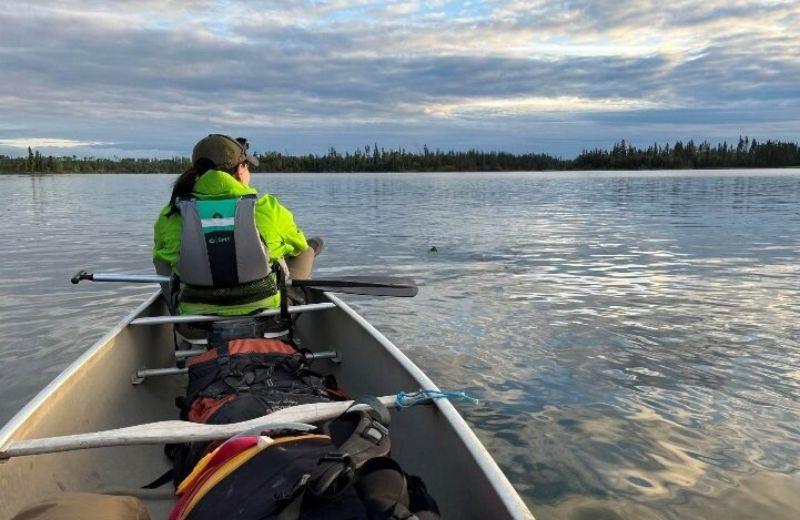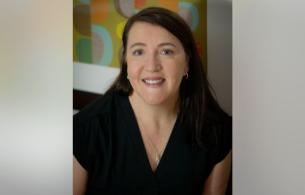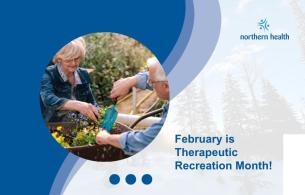As part of Northern Health’s (NH) commitment to Truth and Reconciliation, Indigenous staff are supported in reconnecting with their cultures, families, and communities through initiatives like cultural leave. These opportunities are especially meaningful during National Indigenous History Month, a time to honour the diverse histories, traditions, and contributions of First Nations, Inuit, and Métis Peoples.

For Maggie, a proud Indigenous nurse and the Northwest Clinical Lead in NH’s Student Practice Education Department, cultural leave is not just time away from work — it’s a vital opportunity to reconnect with her language, community, and identity.
Throughout her life, Maggie has been immersed in Indigenous ways of knowing — oral storytelling, traditional languages, and ceremonial practices. These teachings have shaped her into a strong mother, a confident nurse, and a powerful advocate for culturally-safe care. Her career has been dedicated to creating space for Indigenous voices in health care, and cultural leave has supported her in living that commitment both personally and professionally.
Through NH’s Ceremonial, Cultural, and Spiritual Leave, Maggie has been able to maintain a deep connection with kāniyasīhk Cultural Camps, where she learns from mentors like Dr. Kevin Lewis and Matilda Lewis — fluent speakers of nēhiyawēwin (Cree Y-dialect). With their guidance, she is reclaiming her language and exploring how land-based, language-immersive practices contribute to Indigenous wellness.

This connection inspired her CIHR-funded research proposal, “The Wellness Effects when Utilizing Land-based Indigenous Methodologies – nēhiyawēwin, wāhkohtowin, ēkwa sākihitowin (Cree language, relationships, and love).”
This research honours the voices of Knowledge-Carriers by providing space for fluent nēhiyawēwin speakers to share stories about health care and healing practices that may inform meaningful change in the health care system.
Maggie’s academic journey through the Indigenous Graduate Education in Nursing (IGEN) program at the University of Victoria is another example of how Indigenous-led education is transforming health care. Supported by cultural leave, she can participate in ceremonies, engage with her research community, and bring those teachings back into her work with NH.
“Cultural leave has allowed me to stay grounded in who I am as an Indigenous woman, mother, and nurse,” she said. “It gives me the space to reconnect with my language, my community, and the land — things that are essential to my wellness and to the work I do in health care.”
Maggie’s story is a powerful reflection of Northern Health’s commitment to Truth and Reconciliation. By offering cultural leave, NH recognizes that cultural and spiritual well-being are essential to health — and that reconciliation requires action, not just intention.














Comments